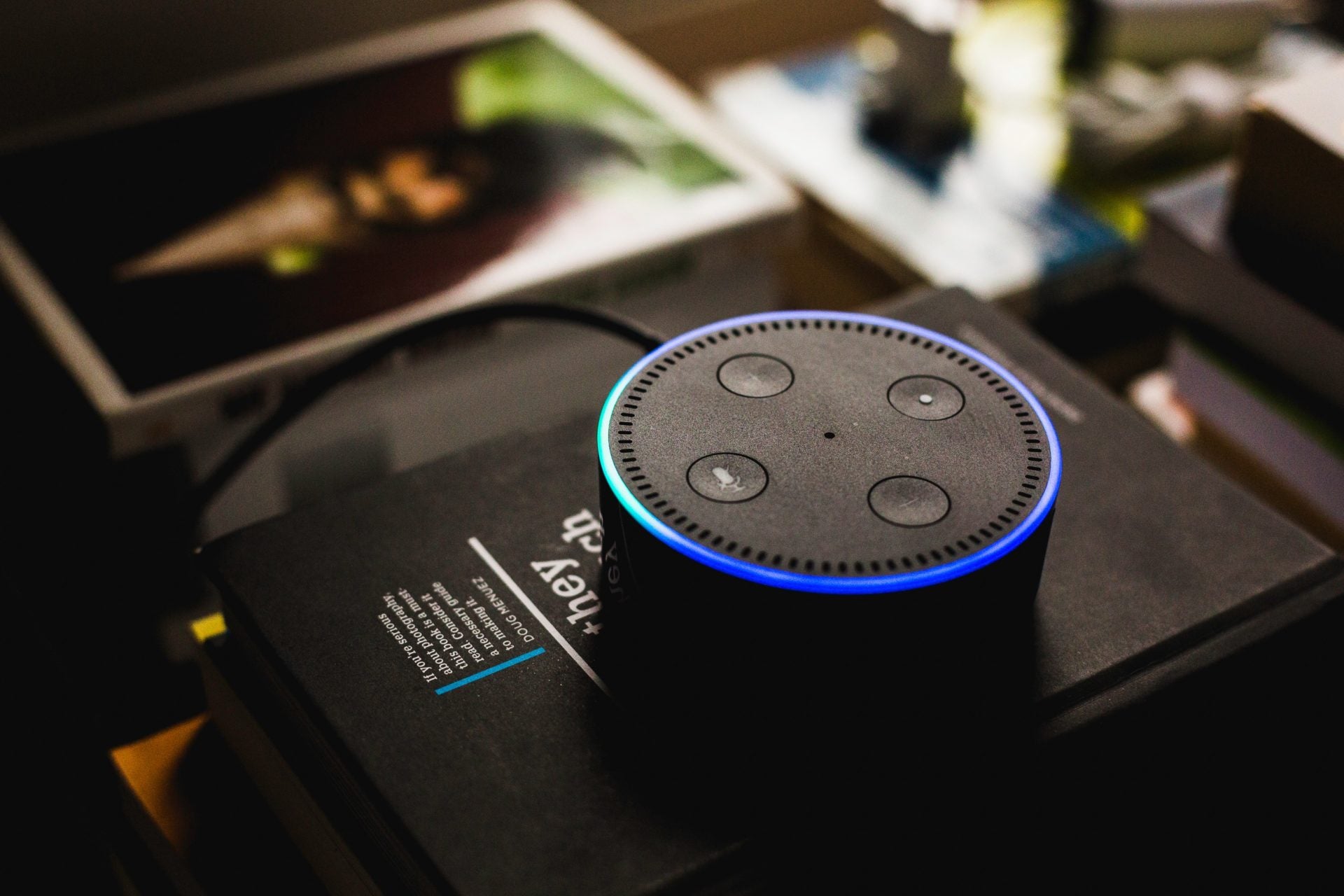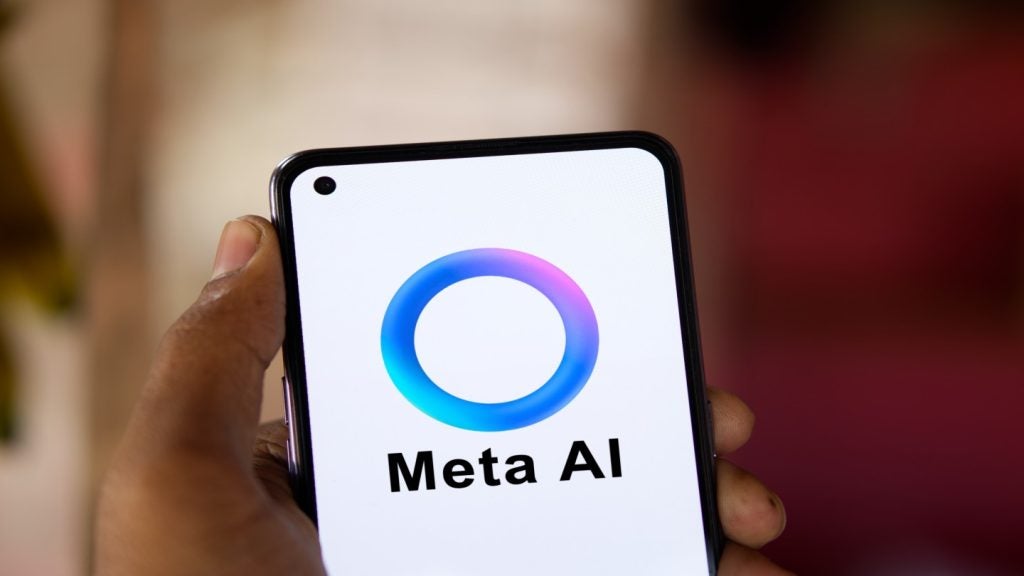Alexa is listening for your commands, and so, reportedly are thousands of Amazon staff and contractors who are amassing speech data to improve the smart speaker’s responsiveness.
This latest development has many revisiting questions of weighing up the competing interests of convenience and privacy.
Alexa privacy concerns
Alexa apparently needs a little help from human sources to better decipher user requests. Amazon acknowledged that individual staff and contractors in a number of countries including Romania, India, Costa Rica and the US each evaluate as many as 1,000 recorded requests to Alexa during their nine-hour shift.
The staffers feed notes into software that provides better context to requests which Amazon said will ultimately produce a better user experience.
While it is no secret that human intervention still plays an important role in Artificial Intelligence, negative reaction to the reports that Amazon personnel are privy to users’ private moments was swift and widespread.
Since Amazon first launched Alexa in 2014, consumers and industry experts have debated whether the merits of the smart speaker’s convenience factor outweigh questions about the potentially invasive nature of a major corporate entity literally listening – and recording – a consumer in their home or business.
How well do you really know your competitors?
Access the most comprehensive Company Profiles on the market, powered by GlobalData. Save hours of research. Gain competitive edge.

Thank you!
Your download email will arrive shortly
Not ready to buy yet? Download a free sample
We are confident about the unique quality of our Company Profiles. However, we want you to make the most beneficial decision for your business, so we offer a free sample that you can download by submitting the below form
By GlobalDataHowever, those debates have hardly quelled smart speaker adoption with nearly a quarter of all households owning at least one of those devices in 2018, according to the media research firm Nielsen.
The idea that an individual Amazon staffer is listening to and annotating recordings of a consumer’s voice may make the company’s presence in the home seem that much more invasive to some. But it is unlikely to dent sales of the popular smart speakers.
It is also worth noting that while by default Amazon Alexa users agree to share their recorded speech with Amazon for ongoing product development, there is an option in the product’s setting to turn off that function.
Consumers can take a number of lessons from this, starting with understanding the default settings and workarounds when it comes to sharing personal information.
The Amazon Alexa predicament underscores a very important point about the extent to which human intervention still plays an important role in Artificial Intelligence.
On a broader basis, consumers do seem willing to sacrifice some privacy for considerable convenience. Many are fairly blasé about a corporate entity having access to personal data.
The human element associated with owning an Alexa device may make Amazon’s access to what is perceived as private data more personal and more intrusive. This will most certainly lead to calls for more transparency about how Amazon uses and protects that data. But how Amazon and other smart-speaker suppliers react when demand continues at pace remains an open question.








Related Company Profiles
Amazon.com Inc